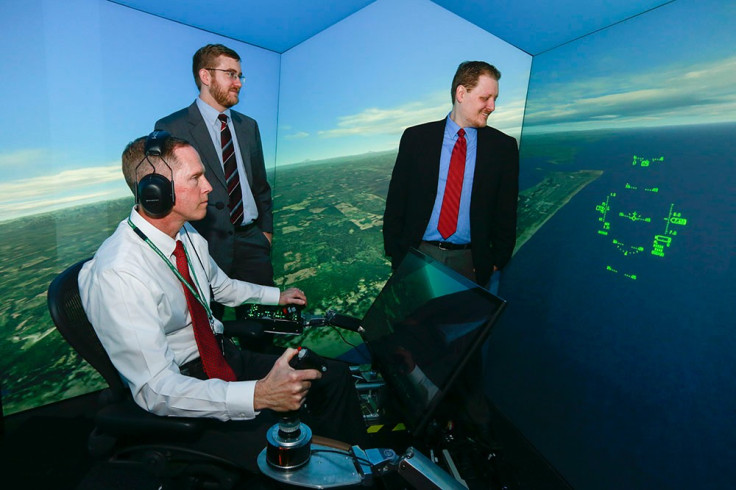Fighter pilot AI proves unbeatable in aerial combat after besting US Air Force Colonel
ALPHA artificial intelligence labelled breakthrough in so-called fuzzy logic systems.

Move over, Maverick: there's a new Top Gun in the skies, and this one's not even human. An artificial intelligence developed by a doctoral graduate in the US is putting pilots through their paces after proving a dab hand at aerial combat.
The AI, named ALPHA, has managed not only to fend of rival computer programmes in dogfight simulations, but professional human pilots. The artificial intelligence is considered a breakthrough in so-called fuzzy logic systems, a type of high-performance decision making system that allows computer programs to react to scenarios as humans would by processing a large number of variables at once.
When pitted against Gene Lee, a retired US Air Force Colonel, former Air Force Battle Manager and adversary tactics instructor, ALPHA was able to successfully evade and shoot down the pro pilot in every simulation. The AI was even able to best the Colonel when its own aircraft was handicapped in terms of speed, turning, missile capability and sensors.
Lee labelled the artificial intelligence "the most aggressive, responsive, dynamic and credible AI I've seen to date."
ALPHA has been developed by Psibernetix, a US AI firm founded by University of Cincinnati graduate Nick Ernest, in collaboration with the US Air Force. The Air Force is currently looking at how genetic fuzzy systems like ALPHA can be used in unmanned combat aerial vehicles (UCAVs) for simulated air-combat missions – although for now, they only intend on using it for "research purposes." Nevertheless, is poses some worrying questions about the future of autonomous weapons, the prospects of which are, frankly, scary enough as is.
Ernest said: "ALPHA is already a deadly opponent to face in these simulated environments. The goal is to continue developing ALPHA, to push and extend its capabilities, and perform additional testing against other trained pilots.
"Fidelity also needs to be increased, which will come in the form of even more realistic aerodynamic and sensor models. ALPHA is fully able to accommodate these additions, and we at Psibernetix look forward to continuing development."
The results of ALPHA's aerial feats can be found in the most recent edition of the Journal of Defense Management.
© Copyright IBTimes 2024. All rights reserved.






